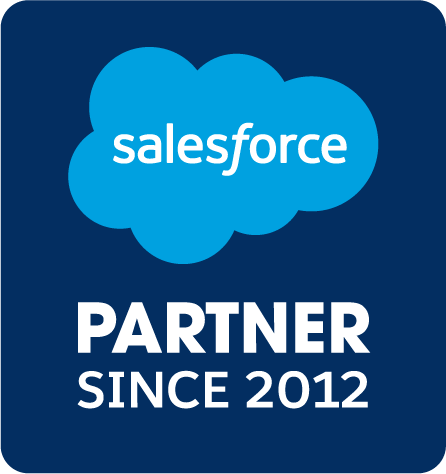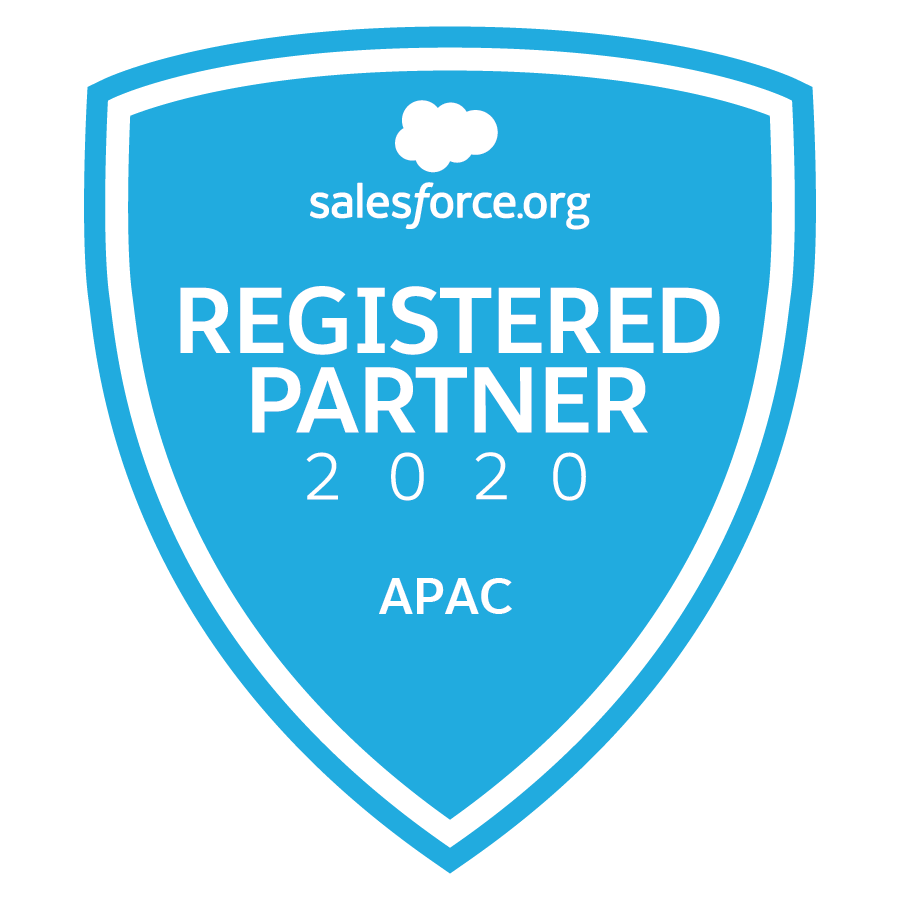It’s interesting and really scary to know that amongst my friends (many in the over 50’s bracket), most are scared witless about the prospect of someone hacking their information. Many express anxieties about doing their business online. Yet hardly any will pause before clicking on a link on Facebook, playing a random game that has popped up, or sharing a ridiculous video.
Are these stats the same for any age group? Sure, our Millenials and Gen whatevers have been using computers since birth, whereas Gen X/Y’s not so much; but that is a bit too broad for me. If you want my opinion (and you might not), we are just wanting to get things done fast. If there is a shortcut, such as entering once, not twice, and using something that is easy to remember, then I am less inclined to throw my laptop out the window when it’s taking more than three seconds to get what I need.
Yep, this is not an age thing, or an education thing, or anything else. We are just looking for the easy way.
So, what should we be doing?
3 letters, 2 numbers, 2 characters. At least 8 characters in total. No more than 10 characters in total. At least 1 capitalization. No capitalizations. No hyphens. And don’t forget the rules that we all should follow but aren’t written. Don’t use your birthdate, pets names, addresses. Don’t use consecutive numbers or letters. Don’t use the same password for everything.
The list of “do’s and don’t” are endless and, just to be interesting, the rules can be different for every account. Now I KNOW it is a good thing to keep the password different each time but we often get around it by changing one little character. Haha, how clever am I? Um, not very it seems!
Here are some interesting statistics1 I found:
- 90% of internet users are worried about getting their passwords hacked
- 53% of people rely on their memory to manage passwords
- 51% of people use the same passwords for both work and personal accounts
- 57% of people who have already been scammed in phishing attacks still haven’t changed their passwords
- The password “123456” is still used by 23 million account holders.
Cybersafety is vital and passwords are a huge part of that. Using the same password on multiple accounts creates a domino effect that allows hackers to take down multiple accounts by just cracking a single password.
So, where do we start?
Extra layers, extra security
Consider multiple-factor authentication. It means that access will only be granted if at least two separate measures have been successful, for example, a password and a separately generated authenticator key.
Password vaults
Use strong, unique passwords everywhere. But who can remember hundreds or even dozens of strong passwords?
Quite a few years ago, I started using a password manager. This is quite a few years ago, and I hadn’t seen it before; I thought it was genius.
Of course, I have since realised there are a number of password manager options, most offering a similar concept. You remember your password manager’s master password, which unlocks your secure vault. Your password manager can randomly generate strong passwords, remember them for you, and log you into websites with them.
At home, I use Keeper, which is free for the single device version. SalesFix uses LastPass (again, there is a free version available for individual devices).
Our business includes accessing customers data as well as our own, and that is a huge responsibility. With a password manager, you can generate complex passwords, encrypt, store, selectively share, and restrict. You can also use the same vault to store other sensitive information such as payment cards and bank details, and you can access it across multiple devices.
Remember, there is no such thing as too much security. Sure, the more you have, the more painful it becomes to just get stuff done. However, balance that against the harm that would be created if someone accessed a critical account of you or your business.
Our data is important, our bank accounts are our financial security, our customers are our lifeblood, and our information is our own. These hackers are smarter than you or me (I am assuming) and definitely have way more time on their hands, so their persistence in cracking your codes is never ending. Don’t let them beat you! Be smarter, be aware, be safe.
Disclaimer: I am not a cyber-expert, I share what I know, what I have learned and what I have observed.






